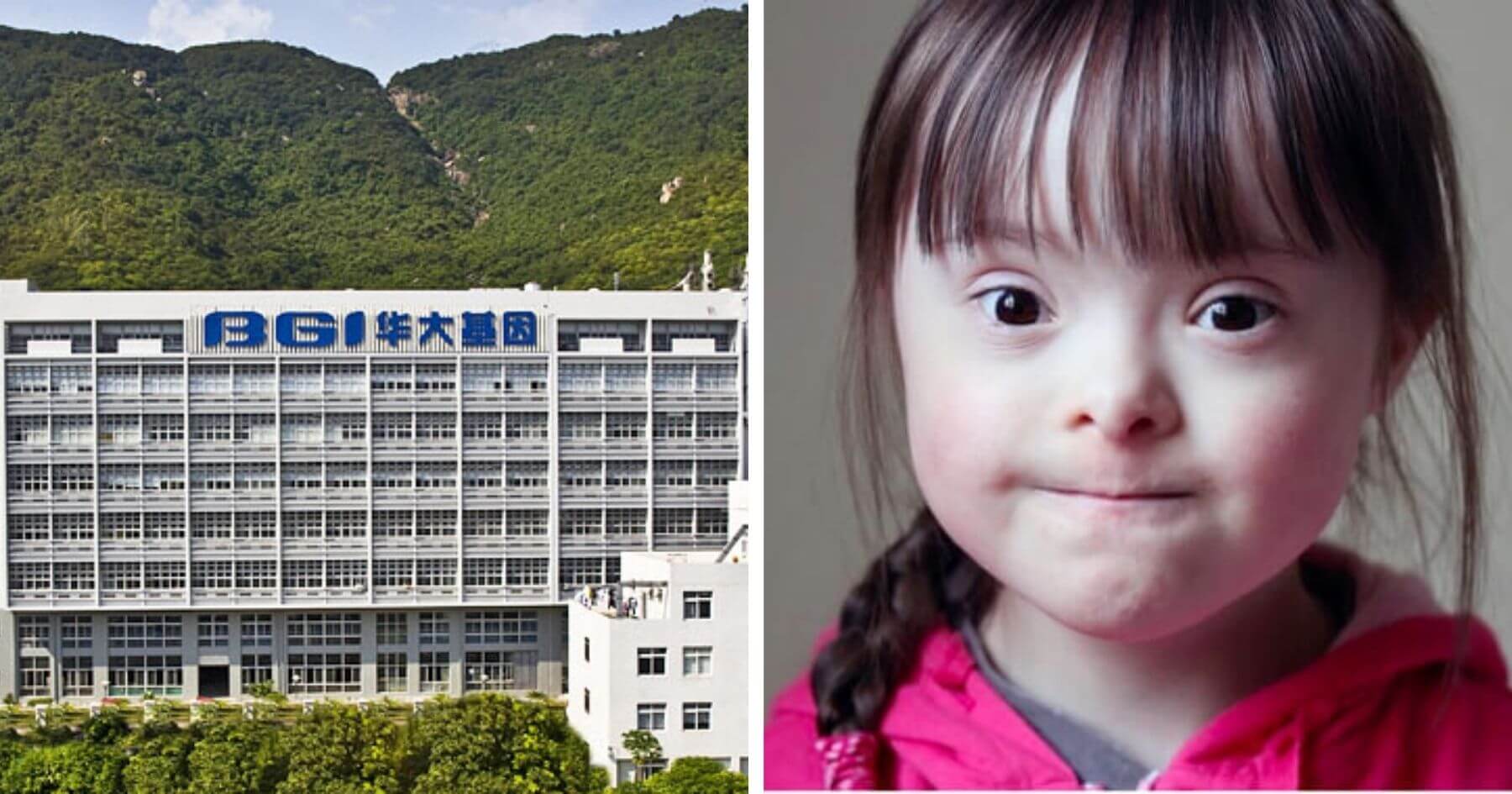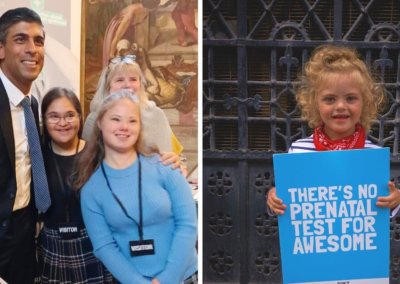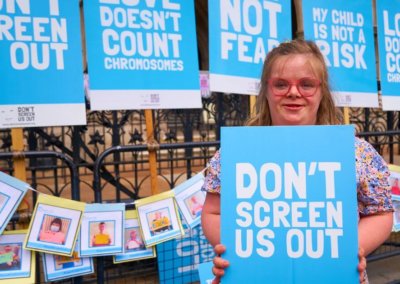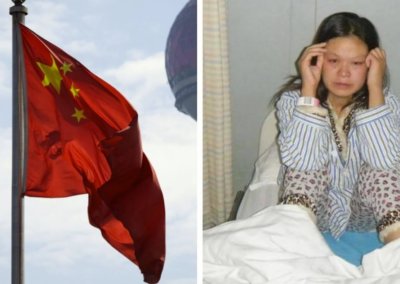An investigation has revealed that Chinese biotech company, BGI Group, is selling prenatal tests developed in collaboration with the country’s military and using them to harvest the genetic data of millions of women and their unborn children, which is being analysed by artificial intelligence to do large-scale research on the traits of populations.
A number of UK clinics are selling BGI Group’s ‘Nifty’ prenatal test including This Is My, which has clinics throughout the UK, and Paternity For Life.
In a review of company statements and over 100 scientific papers, Reuters found that the BGI Group is using its prenatal tests as a source of genetic data harvested from China and abroad.
The ‘NIFTY’ (Non-Invasive Fetal TrisomY) test, used by over 8 million women across 52 countries including the UK, tests for genetic conditions such as Down’s syndrome. BGI computer code, seen by Reuters, reportedly shows that the company is also capturing the genetic data from expectant mothers along with their height, weight and country, though not their names.
BGI have confirmed that they use leftover blood samples sent to its laboratory in Hong Kong, and genetic data from the tests, for population research.
The company also confirmed to Reuters that data collected from prenatal tests on women outside China has also been stored in China’s government-funded gene database.
Since 2010, the company has published at least twelve joint studies on the tests with the People’s Liberation Army, trialling and improving the tests or analysing the data they provided.
Last year, the company was added to a U.S. economic blacklist over allegations of conducting genetic analyses used to further the repression of Uyghur Muslims in Northwest China.
A BGI study using a military supercomputer reportedly singled out Tibetan and Uyghur minorities for the purpose of investigating links between their genes and their characteristics.
‘Screening out’ babies with Down’s syndrome seen as a ‘cash cow’
In 2020, BGI declared that “screening out” babies with Down’s syndrome is a “cash cow” funding the growth of the whole business.
In a segment from an Al Jazeera documentary titled Genesis 2.0, the spokesperson gestures towards a digital map of the world and says: “You can see clearly, especially for Down’s syndrome, we have nearly two million samples all over the world. This part is, what we call, BGI’s cash cow, making money to support the growth of the whole group”.
Dismissing a query over potential ethical concerns, she coldly adds: “…with the use of our technology, we could avoid the birth of birth defect, like a Down’s syndrome birth, a Down’s syndrome child, we can screen them out, we can avoid the birth of them”.
Founder said it was a “disgrace” for BGI employees to have a child with a birth ‘defect’
This was not the first time BGI group or its late co-founder, Wang Jian, has courted controversy.
In 2018, the businessman caught the media’s attention for saying in an interview it would be a “disgrace” for any of BGI Group’s 7,000 employees to have a child with a birth ‘defect’.
Wang said: “It would mean that we are fooling society and just eyeing others’ pockets”. He added that there are no known serious congenital diseases among the 1,400 infants that have been born to the company’s employees.
Wang also appeared to not just want to eliminate children with Down’s syndrome and other disabilities, but also wanted to promote a eugenicist mindset across the whole of China and prevent those with “a worrisome combination of genes” from having babies.
In the same interview, he said: “China has 85 million disabled [people], and 70 to 80% of these disabilities are from birth defects”.
“We can really prevent this. We can do pre-marriage testing – to flag relationships in which partners carry a worrisome combination of genes – and prepregnant, prenatal”.
BGI Group’s core fertility business, BGI Genomics, generated more than half of the company’s revenue according to the company’s annual report.
The company claims it had processed over 4 million non-invasive prenatal tests globally by the end of 2018.
In its annual report, BGI Group said “[translation] various product lines have been established in various fields of birth defect prevention” and expressed a desire to “expand” to prenatally diagnose for deafness and other genetic abnormalities.
30% drop in births of babies with Down’s syndrome
Figures published in 2019 found the number of babies born with Down’s syndrome has dropped by 30% in NHS hospitals that have introduced new non-invasive prenatal tests.
The release of the figures came shortly after the release of a report revealing that pregnant mothers who refuse to abort their children with Down’s syndrome are being pressured by some medical professionals to change their decision.
Currently, 90% of babies with Down’s syndrome identified in the womb are aborted in England, Wales and Scotland.
A spokesperson for Right To Life UK, Catherine Robinson said: “Our current law allows babies with disabilities to be aborted right through to birth. Already 90% of babies diagnosed in the womb with Down’s syndrome are aborted in Great Britain”.
“The Government has previously admitted that no assessment was made of the impact the roll-out of non-invasive prenatal tests will have on the lives of people with Down’s syndrome. In an answer to a parliamentary question the Department of Health confirmed that ‘…no assessment was made of the impact of NIPT on the number of abortions, Down’s syndrome community and medical professional and society’s attitudes towards people with Down’s syndrome’”.
“Now there is clear evidence the tests are leading to more babies with Down’s syndrome being aborted. It’s time that the Government pulled the rollout, and stopped being a ‘cash cow’ for corporations like BGI”.
“Not only have BGI admitted that they see ‘screening out’ babies with Down’s syndrome as a ‘cash cow’, but they are also using the genetic data from these babies and their mothers for controversial research”.












